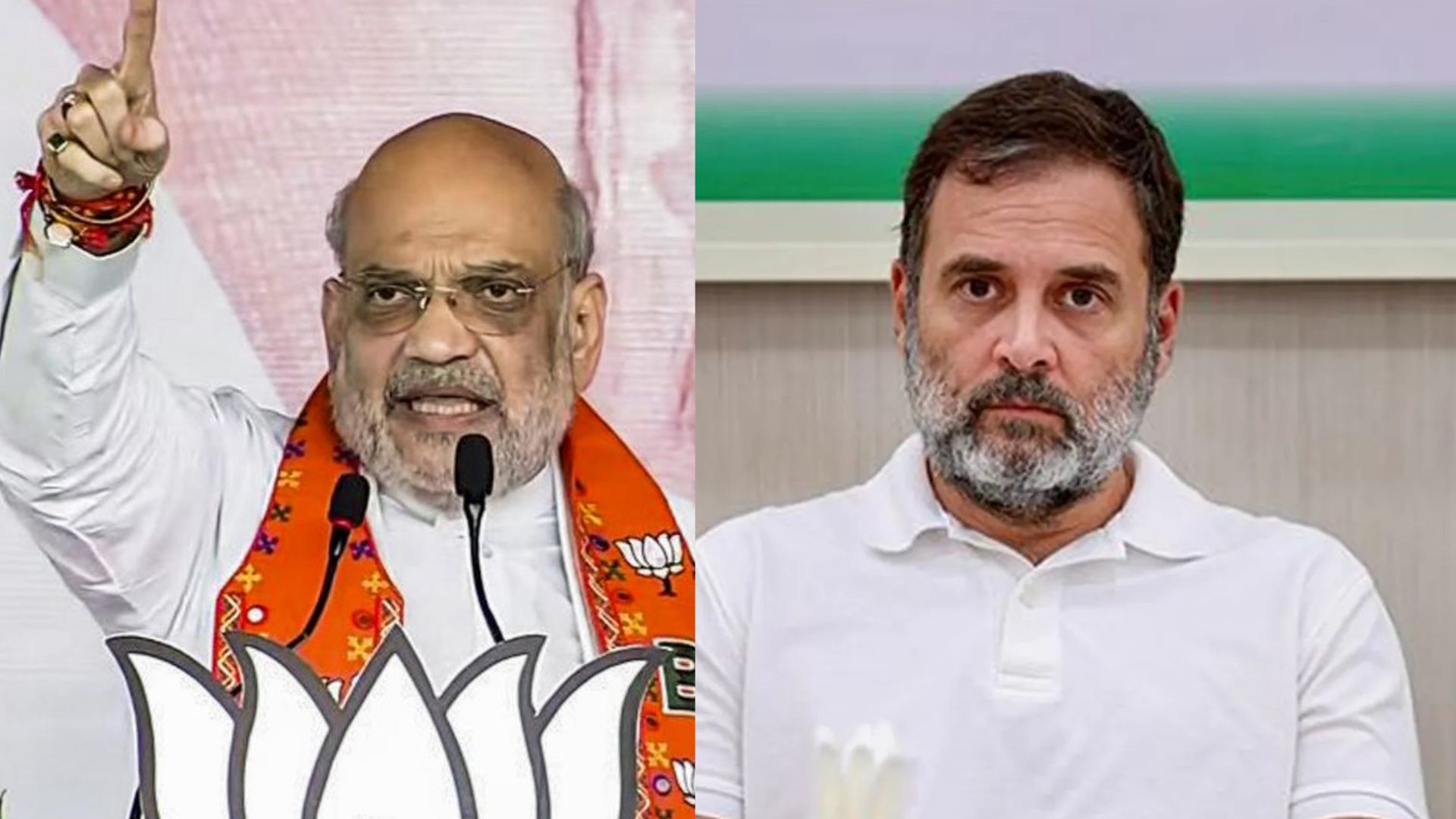
Social inequality has caused penury across the ages. We are aware of how to shift focus on what is essential now rather than what has to be done in order to accelerate egalitarian ethos of our social life. It is pathetic to see how the poorest of this country could not get access to the high-quality education as there is absolute nepotism or invisible social biases at work to sabotage what you call ‘inclusive education’ at all levels. Is it feasible for a tribal child or any other subaltern child to get admitted to these international schools without any fees? Can those children get treated without any stigmatic dogmas of social exclusivity? Even the top-ranking universities of the West provide innumerable scholarships to accommodate the subalterns. Have we widened the scope for scholarships or fellowships by increasing the funding for higher education?
It is significant to frame up new policy on scholarships and fellowships when the international universities set up their campuses here. We need to emphasize the need for creating special resources for the marginalised and underprivileged communities to have access to high quality education from the finest educational institutions in this part of the world. However, most of these institutions have been offering special scholarships and fellowships beyond the geopolitical boundaries to attract the highly talented and meritorious students across the world. Can we do the same by allocating a higher percentage of our budget for education/higher education?
Social work or empowerment of the marginalized communities ought to be watched over meticulously, though a few of them do what they say but others may make enough money in the name of local or international charities. The government has to collect intelligence inputs on how these charities operate in and around India. If we allow exploitation of the poorest, it is soon going to extend to the richest too after some trial-and-error methods of digital donations.
Every digitization process ought to be carefully monitored or else sudden demise of authenticity will erupt one day to dissolve the reliable systems built over the decades in our banking sector. Are we doing the best to safeguard all our digital transactions? Have we learnt lessons from what is happening with some of the largest banks in the developed countries? Our internet security system ought to be robust enough to safeguard our banking sector and other information systems of governance, as the major security threat to our society could be cyber warfare of the next millennium from the Digital Leviathans of our adversaries.
The concept of digital divide is absolutely true in every sense. We tend to ignore those who do not have access to the digital technologies. In fact, digital education is yet to reach the subalterns of our society. These children may not have any sort of access to the gadgets such as Mobile phones or Laptops to get to know what is happening in the world of digital education. On the contrary, our policy planning seems to be highly accelerated to conduct paperless tests at the Government schools and colleges. Have we ever come to terms with the children, who do not know to read alphabet and simple words in the primary sections of these government schools?
Our public policy experts might remind you about the disadvantages of allowing every child to get through primary classes without conducting formal assessments or skill mapping in the name of avoiding drop-outs. We have to work on improving the quality of life by analysing the realistic challenges confronted by the child at home or in her/his family or society. We need to encourage the child or create support systems for the child to get educated formally or informally without spoiling the systems of assessment. It is too simplistic to allow the child to move on to the next grade without really learning anything. It makes the life of our politicians and policy makers quite easy, but the teachers might find this extremely tough as and when this sort of learner reaches the secondary grade.
Assessment points out the exact progress made by the learner and helps the teacher to understand what is actually understood by the learners in the entire semester/ period. There could be a detailed report on the assessment made on every subject to be shared with the parents or guardians of the students at the school/college level in order to specify the skill-building done in our classrooms.
There could be a policy decision to formalize the process of individual discussions with the parents/ learners on any assessment done by the teachers of various subjects. The entire process of these discussions could be recorded if required for any sort of verification/scrutiny at any point of time in future. It is absolutely null and void to promote an assessment system that merely states “pass or fail” without explaining the actual modules or skills mastered by the learner.
It is extremely important for a learner or a guardian to know what kind of progress is actually made even in the final exams or for that matter in the public exams conducted at the secondary level. It seems good to modernize our examination system and at the same time, we need to phase out changes meticulously by talking with the cross-section of teachers, students along with parents who know the actualized curricula to a great extent.
The ironic situation in our system of education is all about a few influential vampires/neo-colonial business empires who seem to be condescending the academic integrity and dignity of our educationists and teachers. The systemic denigration of uniform salary across the schools (either government or self-financed) is absolutely wedded to the ancient norms of disparity and partiality, which democratic institutions of governance ought to regulate at once. These self-financing college teachers/ or private school teachers have almost been stamped as ‘literate coolies’ but they have not yet received a suitable pay packages the Modern Nero never respects or responds to any regulation or reformation aiming at uniform salary and perks in general for the teachers across the spectrum.

Mangalaprathaban Muralidharan is proprietor of Fluency Center, Coimbatore.














